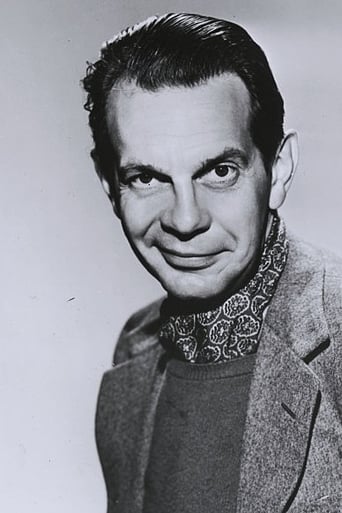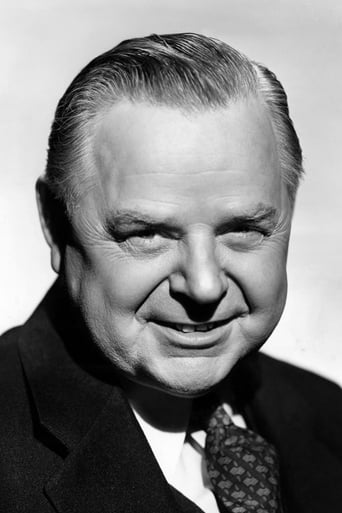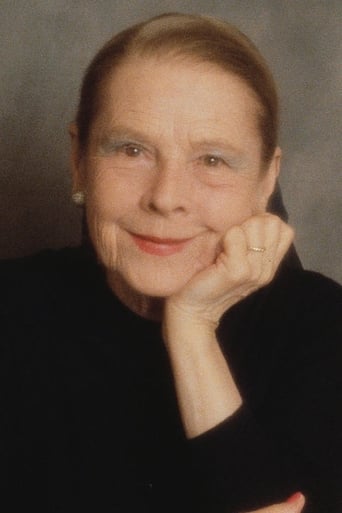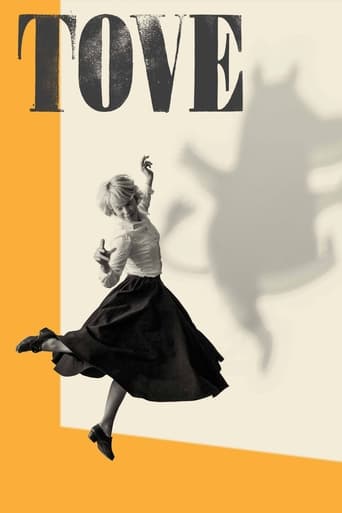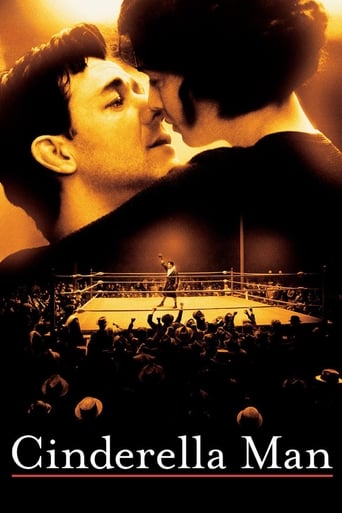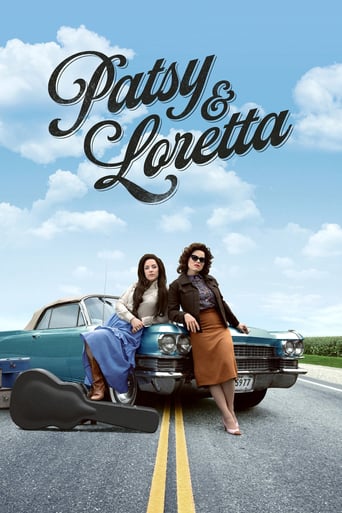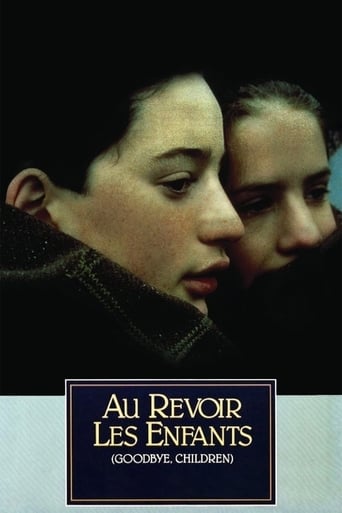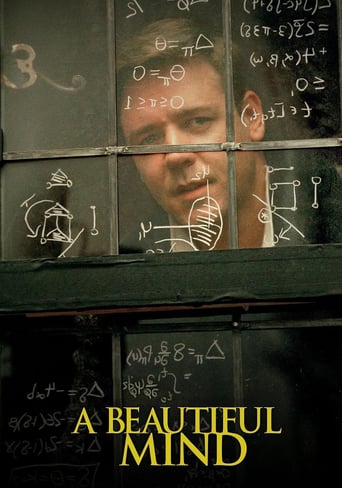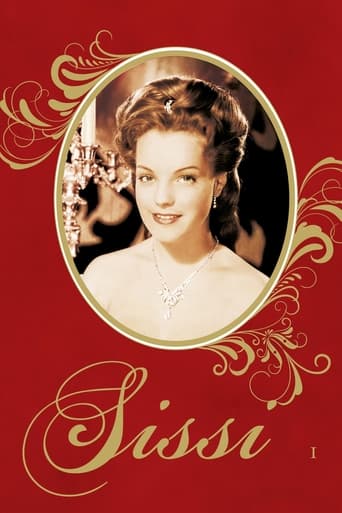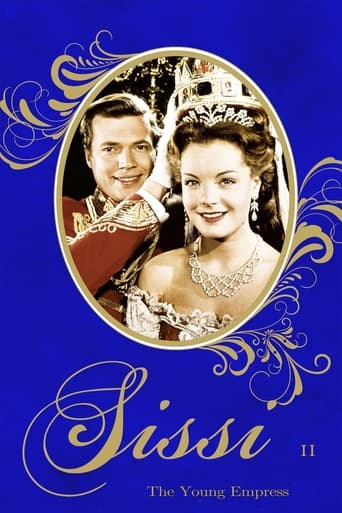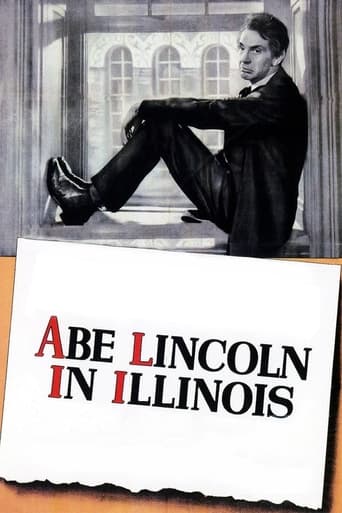
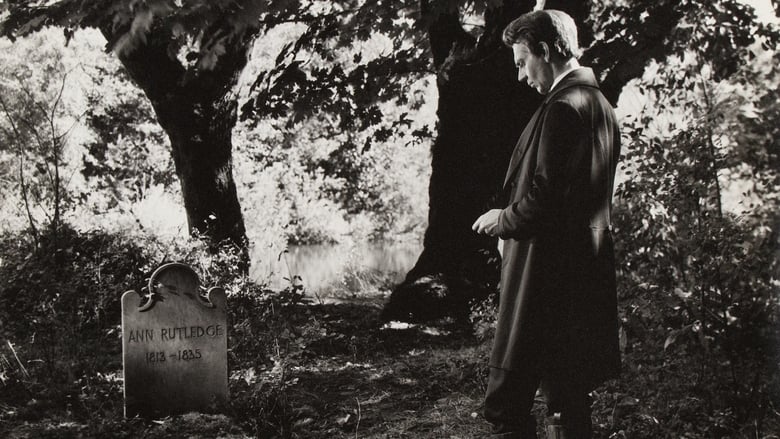
Abe Lincoln in Illinois (1940)
Abe Lincoln in Illinois is a 1940 biographical film which tells the story of the life of Abraham Lincoln from his departure from Kentucky until his election as President of the United States.
Watch Trailer
Cast


Similar titles
Reviews
I enjoyed this depiction of Lincoln's early years much more than I'd thought, due largely to the compelling characterization provided by Raymond Massey, an actor I'd never noticed before.Abe is charming, endearing, and always fun to watch and listen to. I also enjoyed the depiction of early frontier life in the turbulent years before the Civil War. Abraham Lincoln tackling a runaway hog? It was easy to share the joy this episode brought to both he and the lovely Ann Rutledge.Yet it was sad to witness this homebody getting sucked in by the needs of others, from his status-hungry snob of a wife to plain old folks who wanted a great leader. Abe starts out in life a thoughtful, perhaps melancholy lad, and evolves into a duty-bound man who is clearly depressed, if not henpecked to boot.(I hadn't recognized Ruth Gordon until the final credits. It's ironic that her career spans this role, in which she's dour and unlikeable, and that of "Harold and Maude," where she epitomized a zest for living.) My only complaint about this film is its limited focus. I know it was based on a play that was similarly circumscribed, but I'd have loved to accompany Abe on that train ride and beyond, to observe the really historic part of his career.
I enjoyed this movie a lot, and comparing it to Young Mr. Lincoln, it was the better of the two, in my mind, for the sake of the character Lincoln. However, the characterization of Lincoln was still a bit too different from the actual man. Lincoln had a high pitched voice and in his younger years was a bit more fiery. Even more different were little details that one notices that either never happened, or happened in a different sense. For instance the first meeting of Anne Rutledge and such. Either way, I give it a nine, because of course this is a movie. Even if Cromwell and Jones wanted an exact representation of Lincoln which I doubt, they still made a great piece of entertainment and a movie that I could watch more than once.
In Robert Sherwood's "Abe Lincoln in Illinois"(1940), Raymond Massey was Abraham Lincoln, and it showed. "Abe Lincoln in Illinois" is the best of the Lincoln movies. I don't believe it can be surpassed. Raymond Massey, a born and bred Canadian, portrayed Lincoln as a melancholic persona due to the losses he had suffered. In spite of these painful memories; such as the deaths of his mother Nancy and sweetheart, Ann Rutledge, Lincoln moved forward with his life. Lincoln started his law practice in Springfield, Illinois. He met the sister-in-law of friend Ninian Edwards, Mary Todd. (Lincoln jested that God spelled His Name with only one "D" but the Todd's needed two). Mary was interested in Abraham, her sister wasn't. She felt Mary needed to meet a more refined fellow, not a backwoods lawyer. But Mary saw a winner in Abraham.As a lawyer, Abe tended to show a great deal of interest in all people, in helping the poor and in politics. With his humor and ability to use stories to make points, Abe was very popular with the citizens of Springfield. Mary liked those positives in his personality.During these years, Lincoln worked hard and readied himself for a successful law and political career. With a 'hard' push from Mary, Abraham was going to make something of himself.He and Mary Todd were engaged. Then, due to a deep depression, Lincoln abruptly broke it off. According to some he missed Ann. Mary tended to be Ann's polar opposite. Around this time Lincoln and Douglas held their famous debates. Lincoln was anti-slavery. Douglas believed it was the state's right to decide on slave issues. Douglas won. He went to the U.S. Senate as the Honorable Stephen Douglas of the State of Illinois. Soon after, despite her family's opposition and Stephen Douglas's hard work to prevent it, Mary Todd went on to marry her Abraham. During their years in Springfield, Lincoln built a successful practice. He and Mary had 4 sons; Robert, William, Edward and Thomas (Tad). (Eddie died while they were still in Springfield.)While practicing law, Abe continued to keep his foot in politics. He was asked to run for president in the new Republican Party. Lincoln won the White House. Mary had won the greatest prize of her life. Little did she know what she was going to lose.Just a few little asides:Raymond Massey had done this as a play. Writer, Robert Sherwood and director, John Cromwell asked him to do the movie. The Massey-Ferguson Farm Machinary Company of Canada was founded by his Grandfather. In his later years, Massey became a U.S. citizen.Gene Lockhart, Bob Cratchett of "A Christmas Carol"(1938), played Stephen Douglas. Lockhart was the father of actress June Lockhart who played one of the Cratchett children. Wife Kathleen was Mrs. Cratchett. Ruth Gordon, known as the fun 80 year old Maude of the cult film "Harold & Maude" (1971), played Mary Todd. She was the feisty, fighting 80 plus year old in "Every Which Way But Loose"] (1978) and "Any Which Way You Can" (1980) (Senovia 'Ma' Boggs) (Clint Eastwood was the star but, IMO, Ruth was the favored comic relief.)
While this film may not toe the line is historical accuracy it was probably are more realistic look at what Abe Lincoln's life was really like. Many posters here give great kudos to Raymond Massey for his portrayal of Lincoln and they are well deserved. It was like Massey was born to portray Lincoln. I believe equal kudos should go to Ruth Gordon for her portrayal of Mary Todd. Her Mary Todd portrayed as a power hungry, totally controlling, head strong woman was the perfect opposite of Massey's down home, humble Lincoln. The fact the such powerful woman were as out of place in 1940, when the film was made, as they were in 1840 gives this film and edge other Lincoln films lack. One also hearkens to the future of another great President, Ronald Reagan and another controlling first lady, Nancy.Add yet another great performance be Gene Lockhart as Lincoln's political foil Stephen Douglas and you have a political and historical film that is entertaining to watch and has a depth not always present in films of the 1940's.


